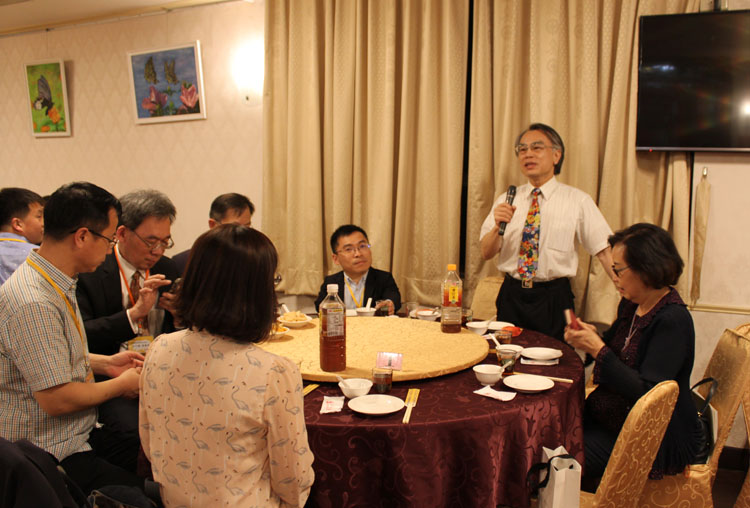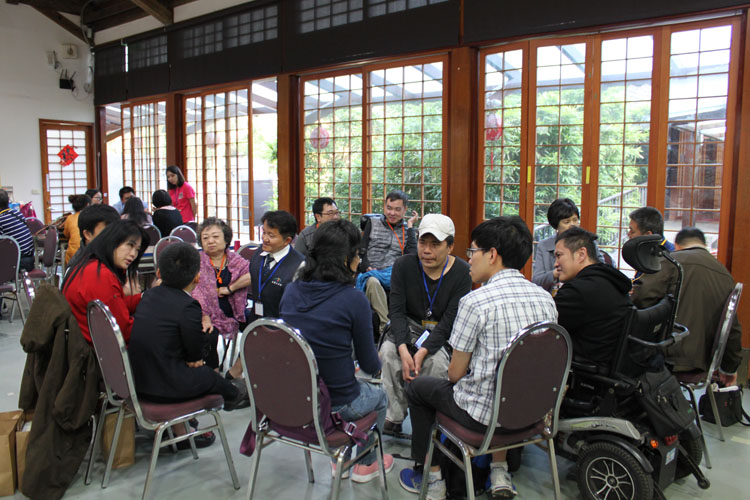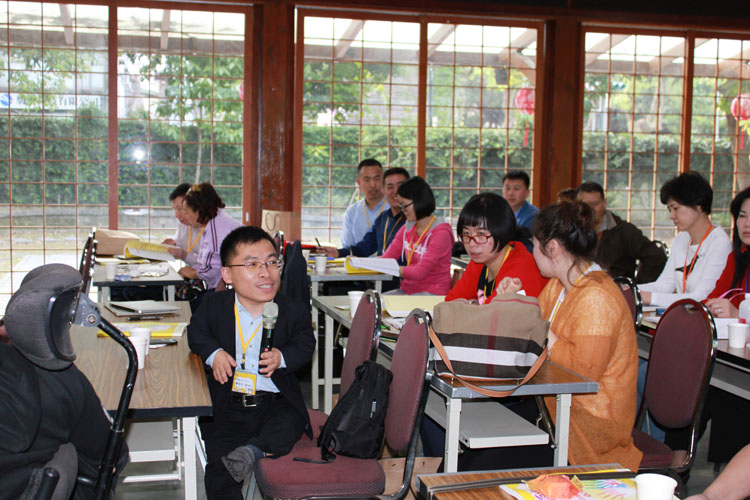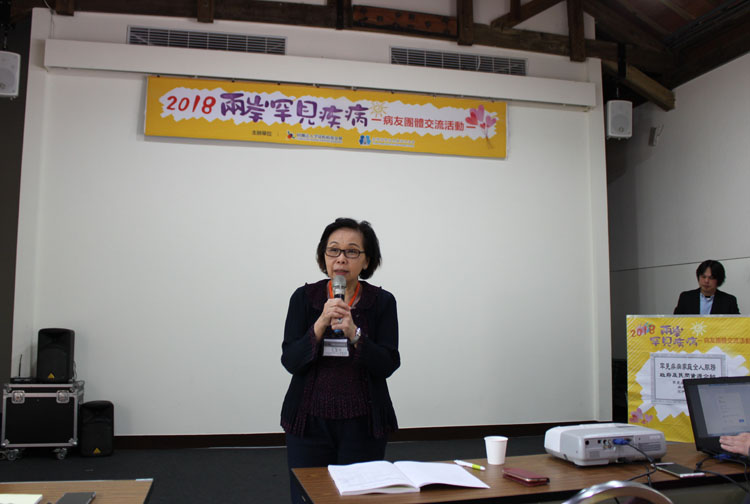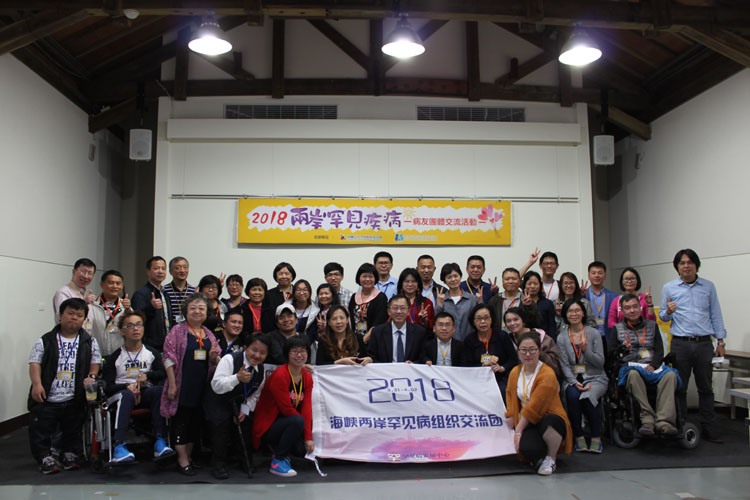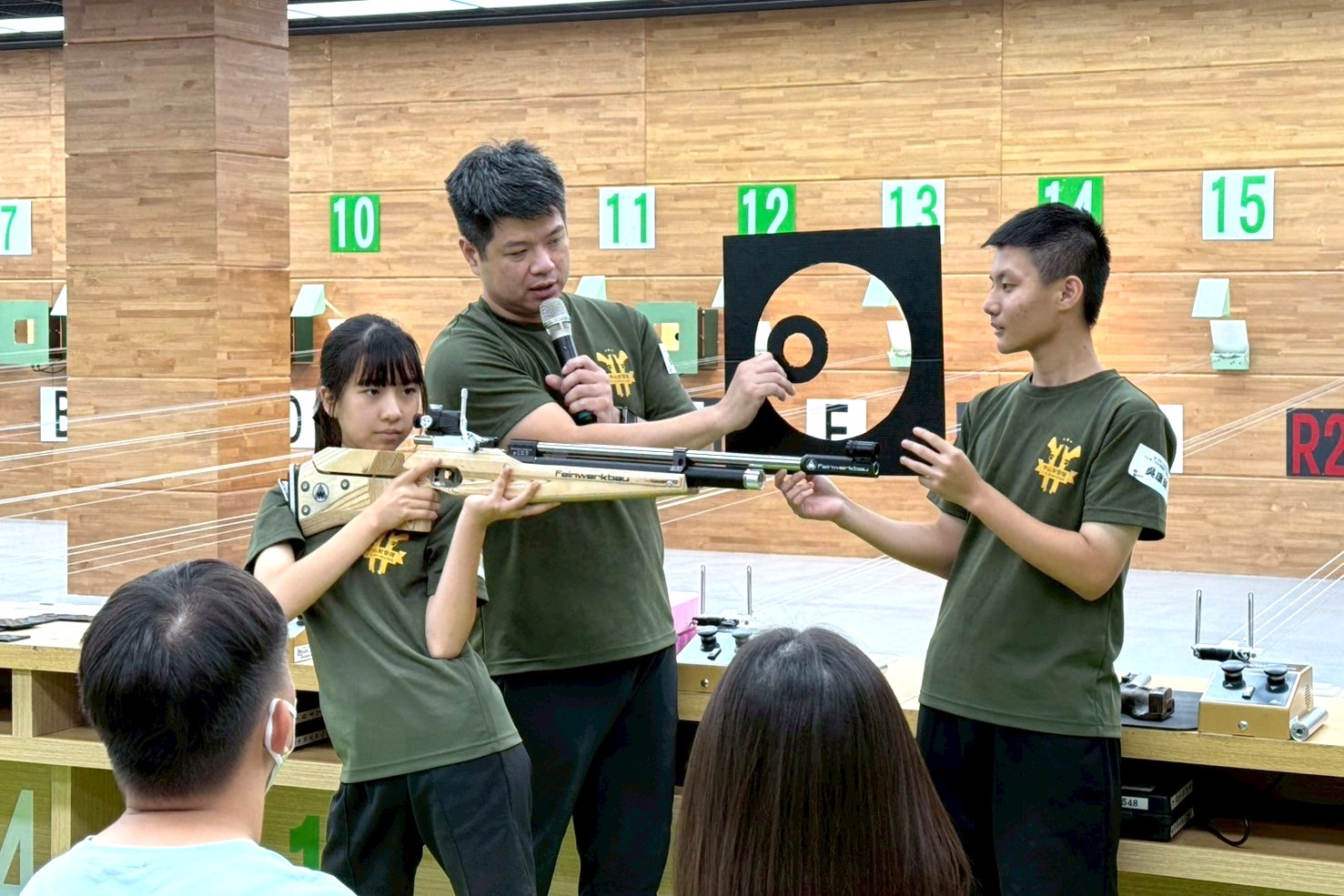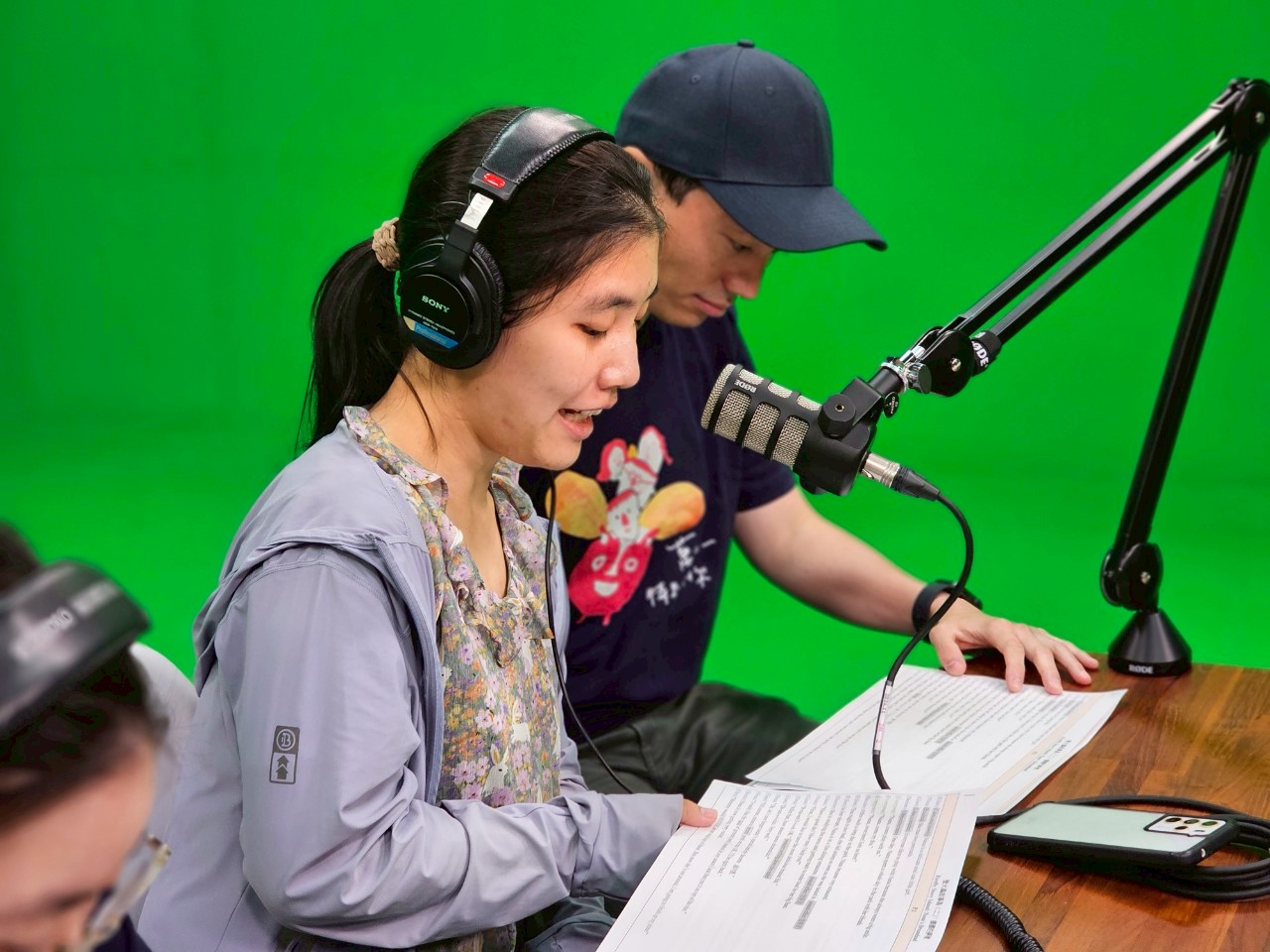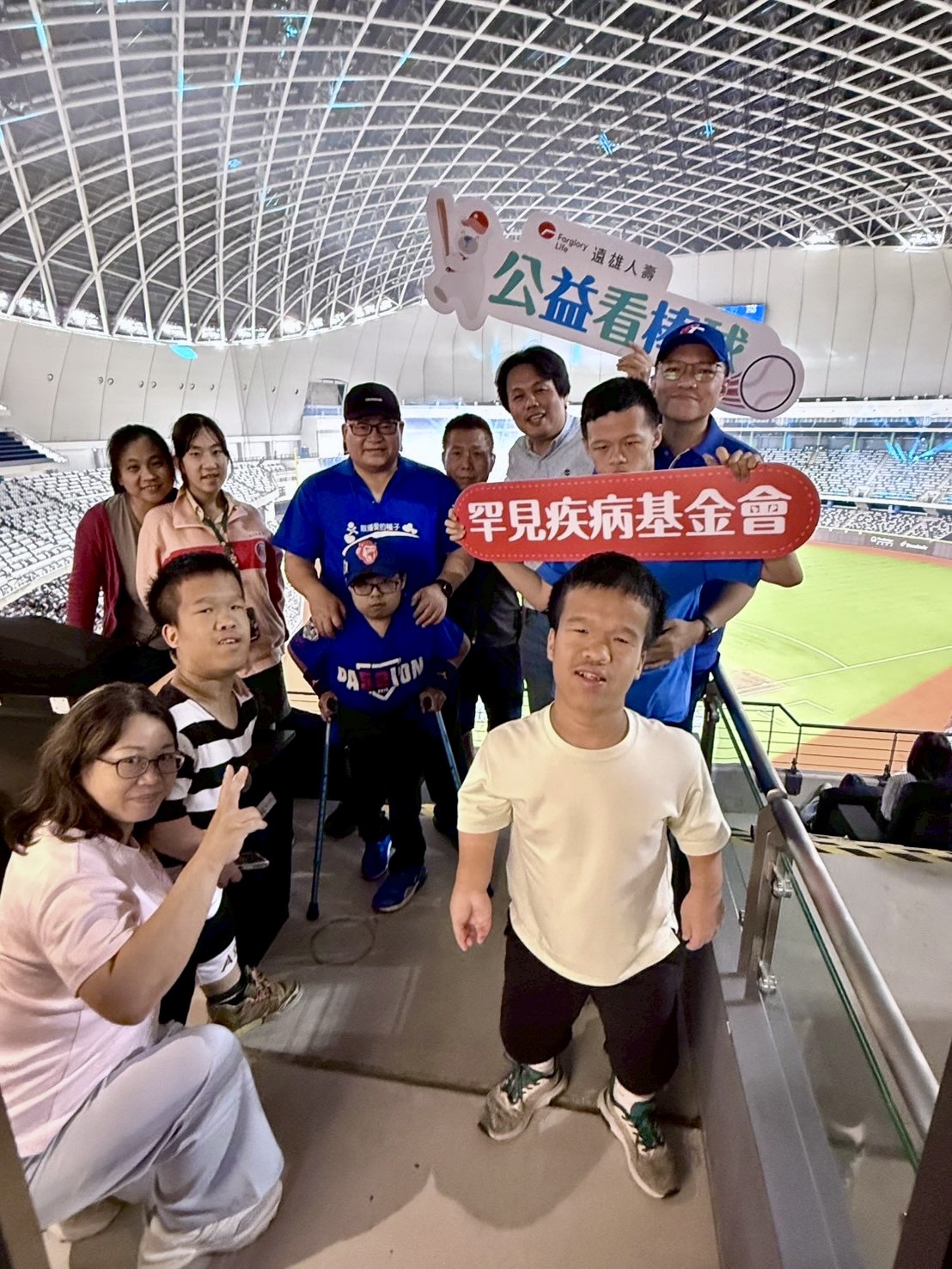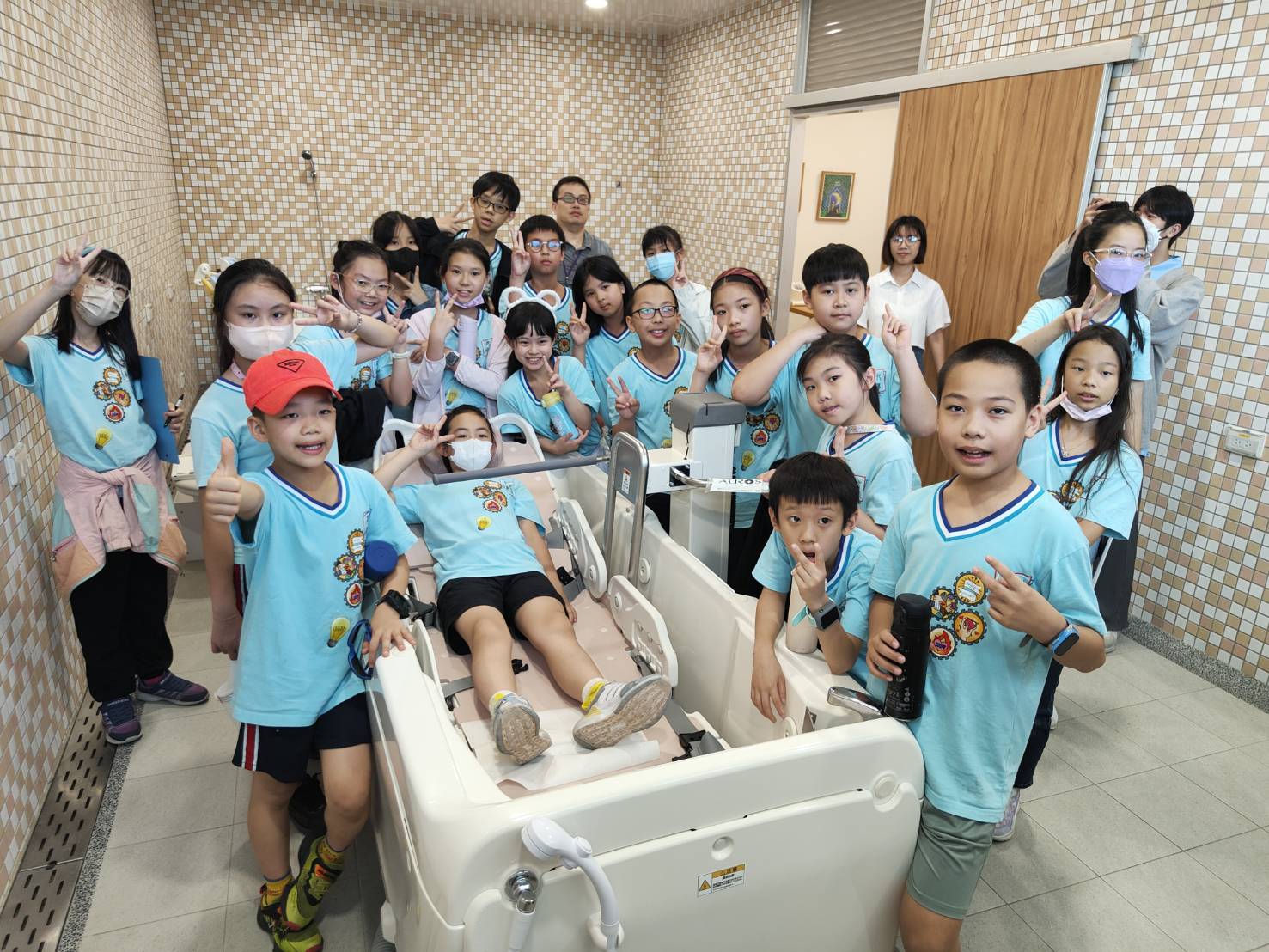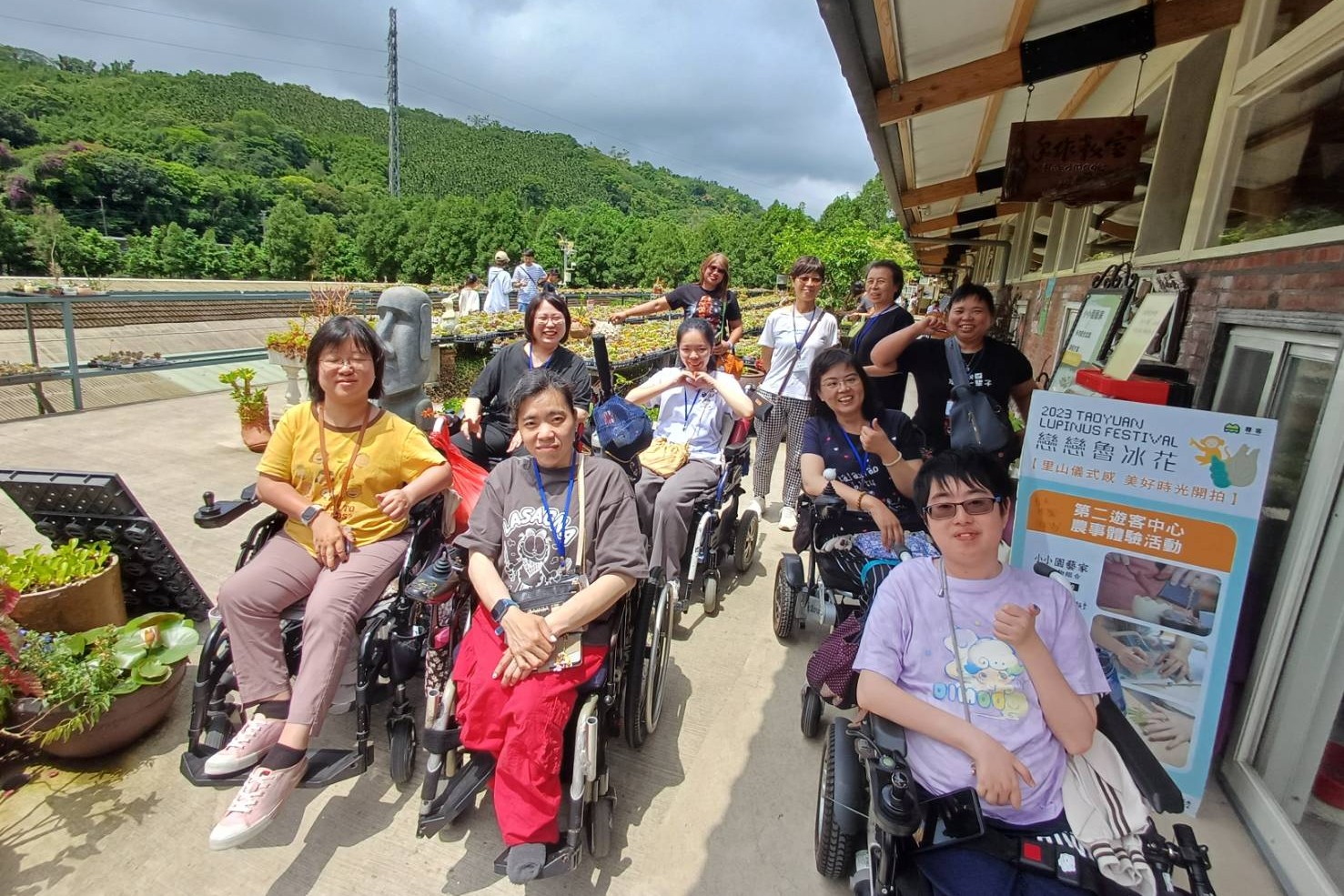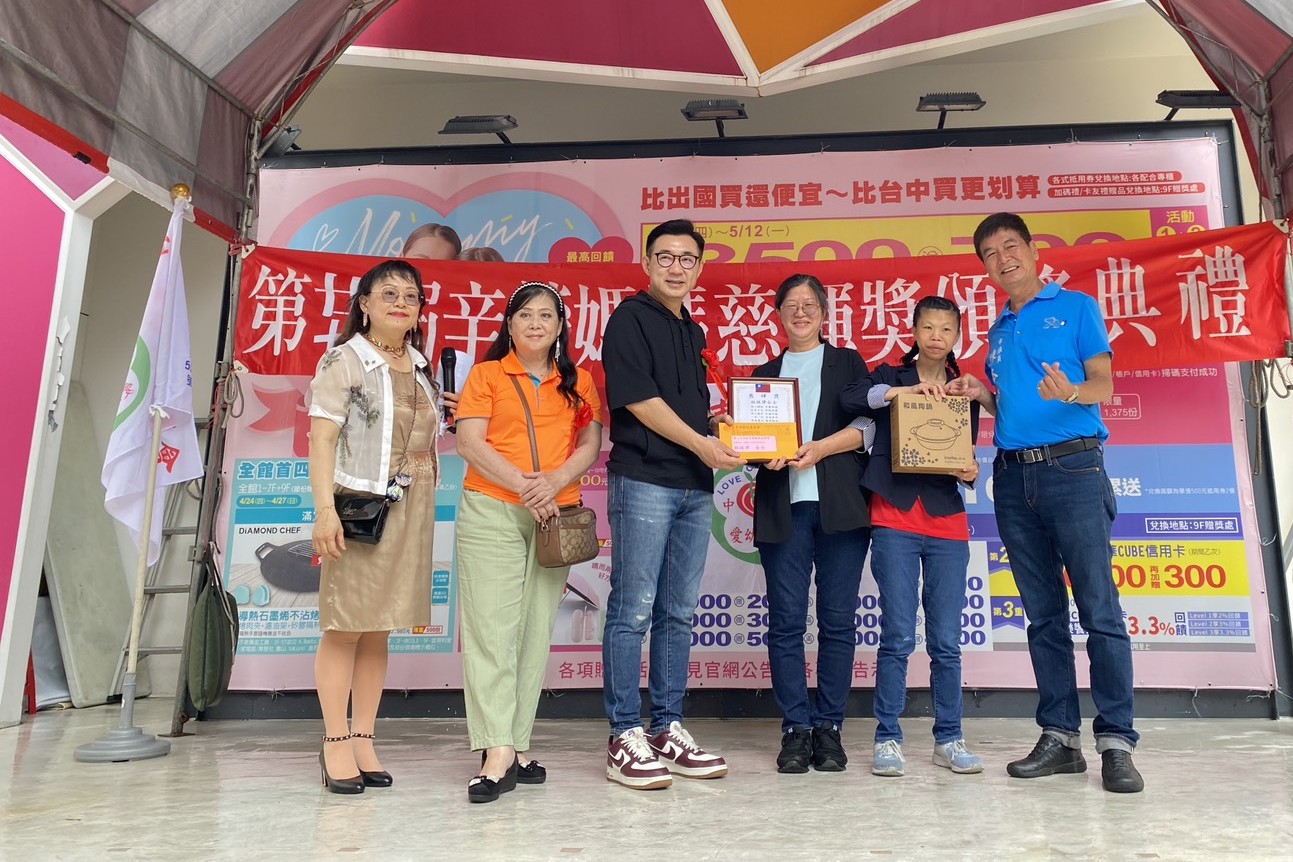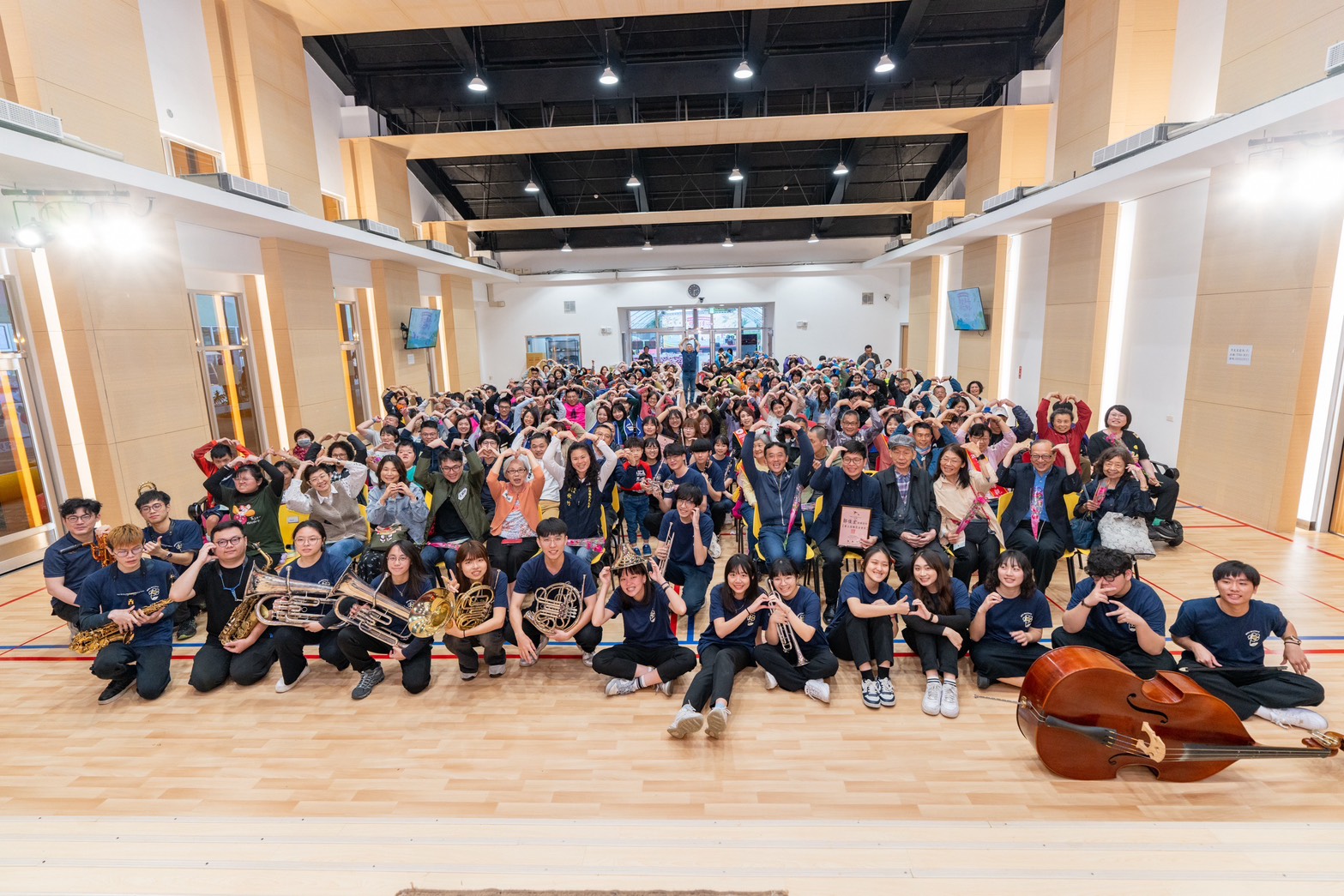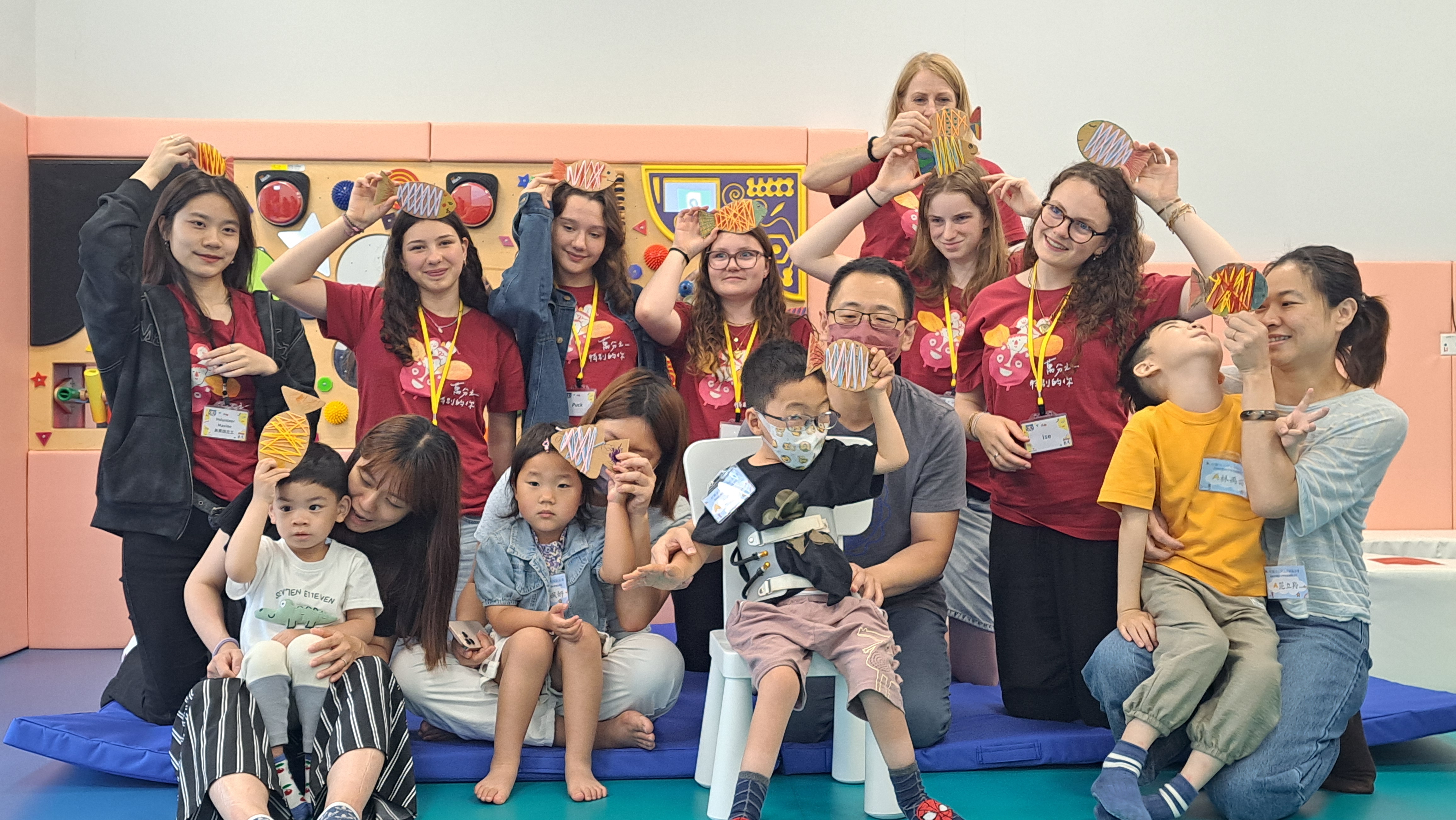News
First Cross-straits Interaction of Patient Groups
The first cross-straits interaction of the rare disease patient groups open the cooperation opportunities
From March 31 to April 1, Taiwan Foundation for Rare Disorders (TFRD) and Taiwan Organization for Disadvantaged Patients held the 2018 Cross-straits Interaction Activity of the rare disease patient groups. On April 2, we took the participants from China to Hsinchu. There were 24 rare disease groups and 66 people in Taiwan attended this activity. 12 people from China came visited Taiwan which includes 10 types of rare disease groups. A total of 134 people have participated in this event.
On this interaction activity, people in Taiwan Motor Neuron Disease Association had shared their holistic health care service. People from Taiwan Spinocerebellar Ataxia Association had introduced the marketing innovative project for charitable fundraising over the years. Prader-Willi Syndrome Association had also shared with us about the experience of establishing the Small-scale sheltered workshops in 2015. And people in Taiwan Tuberous Sclerosis Complex Association had shared about how to discover the talents from the rare disease patients and the subsequent operation. After the event, we also had a live show permanced by Menbug Orchestra which is made up of Tuberous Sclerosis Complex patients.
There were five rare disease groups from China had shared the specialty of their managements, including Chinese Organization for Rare Disorders, Tianjin Love Organization for Rare Disorders, Lam-China Nonprofit Organization, Prader-Willi Syndrome Care & support Center and China TSC Alliance and so on.
On the third day of this activity, we came to the children’s day care center of Syin-Lu Social Welfare Foundation in Hsinchu as our first stop. During the visits, we understood how the institution had helped and strengthened the physical and mental development of the children with disabilities or developmental delay. Our second stop was to visit Our City Love Social Enterprise. This organization uses technology to offer convenient information and services for people moved with difficulties and their families. For example, the development of the APP called Friendly Restaurants in Taipei. Meanwhile, they also took us to an accessible trip, and got into the farm to experience the access-free services for people with disabilities.
The first interaction for cross-straits patient groups can be called as a pioneer. We have not only learned the operation and specialty of the services from all groups, but we were also looking forward to the possibilities of more interaction and cooperation in the future.
Translator: Ellen Kuo (OI), Reviewer: Sandy

